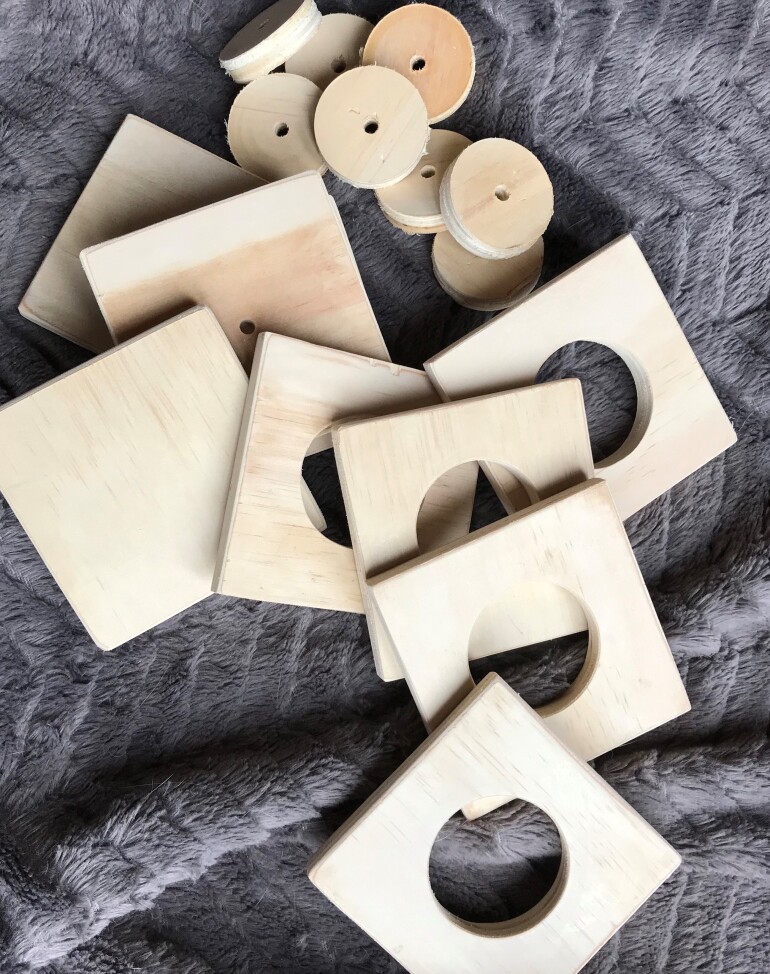News And Events

Loose Parts for Play
23 February 2021At Nurtured at Home, we love that Educators can go foraging with children in care to see what they might collect to create their own baskets of treasure. Collecting a range of resources might include natural materials that have fallen to the ground on a bushwalk, or may be collated on an outing to a local second-hand shop where the message of “recycling” can be part of the experience and learning.
Back at home, Educators provide the space and a range of resources for creative and imaginative play including: pine cones, paper towel rolls, pieces of wood, bark, feathers, cardboard, recyclable containers such as yoghurt pottles and milk bottles. Grouping the loose parts together in kete or baskets is an effective way to store these attractively for children to be inspired to engage with them.
Loose parts are materials that can be moved, carried, combined, redesigned, lined up, taken apart, and put back together in multiple ways. They are materials with no specific set of directions that can be used alone or combined with other materials. Through play with loose parts, children are using more creativity and imagination and are developing more skill and competence than they would playing with most single-purpose plastic toys.
The theory of “loose parts” was first proposed by architect Simon Nicholson in the 1970's and has begun to influence the way in which kaiako provide space and resources for children to engage with. Nicholson believed that it is the 'loose parts' in our environment that will empower our creativity.
Loose Parts should:
- Have no defined use and kaiako should support the children when they decide to change the shape or use of them.
- Be accessible physically and stored where they can be reached by children without having to ask kaiako. Children should know that they can use them whenever and however they wish.
- Be regularly replenished, changed, and added to.
‘Loose parts’ theory is about remembering that the best play comes from things that allow children to play in many different ways and on many different levels. Environments that include ‘loose parts’ are infinitely more stimulating and engaging that static ones. The play environment needs to promote and support imaginative play though the provision of ‘loose parts’ in a way that doesn’t direct play and play opportunities, but allows children to develop their own ideas and explore their world.


